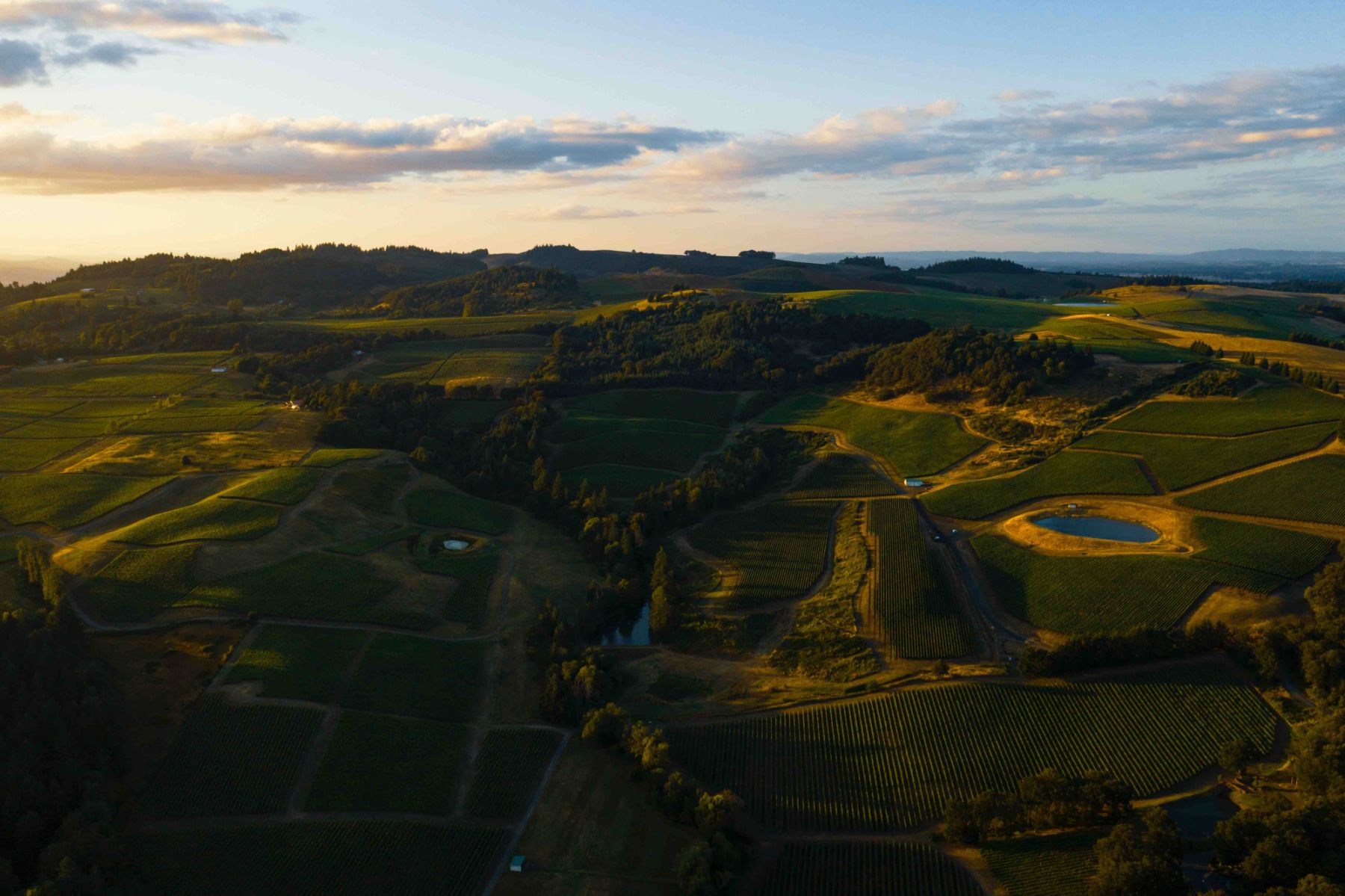The Korea-born Hong Kong-based Master of Wine on the overlooked and the over-rated of the wine world, her favourite Asian food and wine pairings and the continent’s burgeoning wine regions
Less than 500 people have passed the Master of Wine exams since 1953, and there are currently just 420 Masters of Wine in the world. That’s fewer people with MW after their name than have been to space. This is partly because the exams to achieve the coveted qualification from the UK-based Institute of Masters of Wine—comprised of extensive theory learning, blind tastings and a 10,000-word research paper—are notoriously rigorous, taking a minimum of three years to complete with pass rates of around just 10%. In our series, Meet The Master, we talk to MWs about their journey to mastery, those formidable exams and what in the wine world is wowing them right now, from fun pairings to under-rated regions to the rapid developments taking place within wine in Asia.
Jeannie Cho Lee's journey in wine began long before she obtained her Master of Wine qualification in 2008. As early as 1992 she was penning wine diaries where she rated various bottles, and then writing about wine more broadly. Since achieving the prestigious title and becoming the first ethnically Asian Master of Wine, she has written two books—Asian Palate: Savouring Asian Cuisine and Wine, and Mastering Wine for the Asian Palate—continued with her wine journalism and added Professor of Practice (Wine) at the Hong Kong Polytechnic University's School of Hotel and Tourism Management, television host, speaker, designer, and consultant to her long list of achievements. Here, she reveals how she came to turn her passion into her profession, what it takes to become a Master of Wine, and shares some insights on wine in Asia.
Do you have any early wine memories that were significant or impacted your decision to pursue a career in wine? If not, what made you want to pursue a career in wine?
I didn’t plan on being in the wine industry. Looking back, becoming a Master of Wine and working in the industry was serendipitous. Two fortuitous incidents encouraged me to devote most of my time in the wine industry: I obtained my Master of Wine title just when Hong Kong decided to eliminate all wine duty, and there was a subsequent boom in wine education, writing and consulting—my areas of interest. Prior to that wine was a hobby and a personal passion, and writing about it was side work in addition to a full-time job.
Why did you decide to attain your Master of Wine and what were the greatest challenges for you in achieving it?
After obtaining the WSET Diploma, the natural next step seemed to be the Master of Wine. I didn’t know how difficult the programme would be and I didn’t know any Masters of Wine because I was living in Hong Kong and there were none in Asia. Jancis Robinson was the first Master of Wine I met in New York a year after I finished the Diploma and she was so inspiring, both as a wine professional and as a mother of three that I decided I would pursue the MW and see where it would lead. The biggest challenge when I decided to commit to studying for the MW title was finding time to study in addition to working as a journalist and being a mother to four small children. The only way to carve out time during the three to four years of intensive study preparation was sacrificing personal time with friends and sleep time. I managed everyone’s schedules including my own by mapping out all of our daily activities, from meals to nap times (for my children) on a detailed Excel sheet. I would carve out 30- to 60-minute slots to study during the day and wait until everyone was asleep to study further.

What characteristics or qualities do you think you need to have to become a Master of Wine?
There are no characteristics or qualities needed to become a Master of Wine—if you look at all the MWs around the world, we are all very different with our own unique skill sets. I believe the three things that are helpful in getting through the rigorous programme are persistence, dedication and commitment to doing your best even when the road seems long and obstacles stand in your way.
What is the most common question you get asked when people find out you are a Master of Wine and how do you answer it?
“How do you stay so slim when you have to taste/drink wine all the time and dine out nearly every night?” My answer is genetics—I credit my parents for blessing me with good metabolism and genes.
What are the most overlooked wines/regions/grapes in your opinion and why?
There are many overlooked wines/regions that I would personally like to discover. For example, everywhere I travel in the US, each state seems to be producing very good wine, especially in upstate New York where I visit frequently because of family and friends. If I had to choose one overlooked region for the Asian market, it would be Oregon. In Hong Kong, Seoul or Shanghai, it is difficult to find Oregon wines on restaurant wine lists or in retail shops. The wines are more restrained than those of Napa/Sonoma and aside from the terrific Pinot Noirs and Chardonnays, there are excellent Pinot Gris and Syrah.
